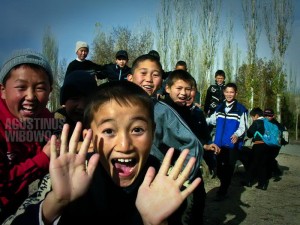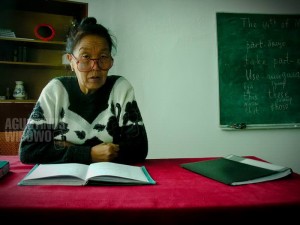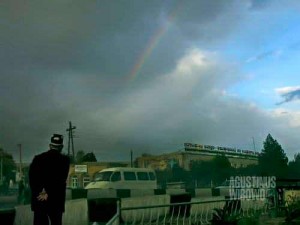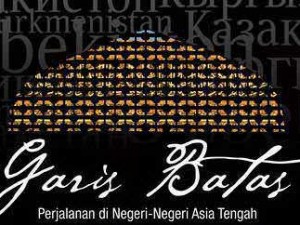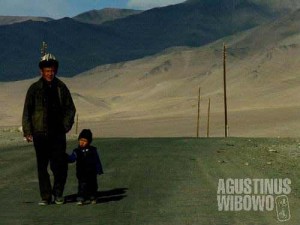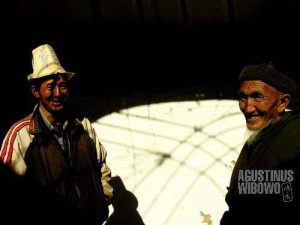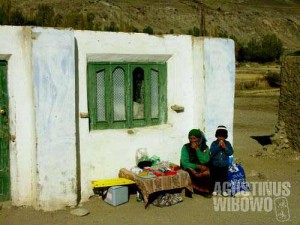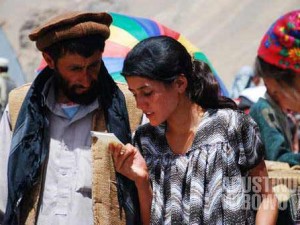[Detik.com]: Ada Apa di Asia Tengah? Ini Kata Penulis & Petualang Agustinus Wibowo
Menyibak Asia Tengah Johanes Randy Prakoso – detikTravel – Kamis, 27/10/2016 08:10 WIB Detik.com Jakarta – Membicarakan negara di Asia Tengah tentu tidak terlepas dari nama Agustinus Wibowo, penulis dan penjelajah asal Indonesia. Yuk mengenal Asia Tengah lebih jauh! Lahir di Lumajang Jawa Timur, tahun 1981, nama Agustinus Wibowo mungkin sudah dikenal publik dan traveler Indonesia secara luas lewat sejumlah tulisan perjalanannya yang mengisahkan cerita kemanusiaan dan perbatasan di negara Asia Tengah. Berbeda dengan dengan traveler kebanyakan, pria berdarah Jawa Tinghoa ini malah memiliki ketertarikan khusus akan negara Asia Tengah yang belum dikenal dan rawan isu politik. Tapi tentu bukan hanya itu, perbedaan bahasa hingga sulitnya akses visa ke negara Asia Tengah juga menjadi alasan. Namun tidak untuk Agustinus Wibowo. Untuk mendapat gambaran dan mengenal Asia Tengah lebih lanjut, detikTravel pun berbincang dengan pria yang akrab disapa Agus ini via telepon, Rabu (26/10/2016). Dari perjalananya di Asia Tengah, ada banyak hal menarik yang bisa disimak. “Konsep Asia Tengah itu sebenarnya berbeda-beda setiap definisi, ada yang menganggap Asia Tengah mulainya dari Mongolia, masuk ke China Barat dari Rusia, negara-negara pecahan Uni Soviet, kadang Afghanistan juga dimasukkan ke Asia Tengah. Jadi memang definisinya itu berbeda-beda, tapi sekarang kebanyakan orang menganggap asia tengah [...]





